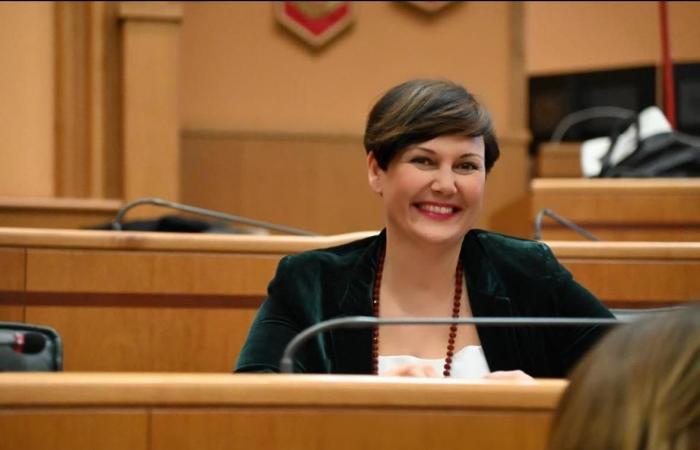Interview with the regional councilor of the Democratic Party, Eleonora Mattia, who presented a question to the president of Lazio, Francesco Rocca, to ask for an account of the situation of waiting lists in healthcare.
Stock image
The regional councilor of the Democratic Party Eleonora Mattia presented a question to the president of Lazio, Francesco Rocca, to ask about the situation of waiting lists in healthcare. According to data from the latest CGIL report, waiting times have far from decreased in recent months.
According to data from CGIL and Cittadinanzattiva, for now Rocca’s recipe for cutting waiting lists does not seem to be working. Is that so?
Certain. These are incontrovertible data: several acronyms of civil society with a single voice have rejected, data in hand, the political line of the president of Lazio, Rocca, with delegation to Healthcare, which, even by investing in the private sector, to date has not led fruits. Indeed: it has simply diverted resources from public to private healthcare, worsening accessibility to the service for the citizens of Lazio, especially for the less well-off groups, as well as the conditions and rights of workers in the regional healthcare system.
The disaster in the waiting lists in Lazio, no progress: how long to book an exam
The governor of Lazio and the Government have proposed creating a single Cup and combining the agendas of public structures with those of affiliated private entities. Can it be of any use?
This measure was already foreseen before the Rocca Council, so they did not discover America and in any case it cannot be the definitive solution. The issue is more linked to the number of services that can be provided in the public sector, which, without new hires, will never be able to increase. In essence, it’s like deciding to play a football match with fewer than 11 players on the pitch: you already know that you will almost certainly lose it. In the same way, public healthcare with an undersized team will never be able to win its challenge with private healthcare. A silent way of sabotaging it.
Rocca has made some progress on healthcare hiring in recent months. Still too little?
Shortly after his inauguration, President Rocca, after deciding to keep the delegation to healthcare, practically centralized the entire management of the regional healthcare system, local health authority commissionerate and in a year he blocked all hiring in the public sector, then he realized that the system was collapsing and is now trying to recover from the mistakes made so far. But according to the first findings it is not enough: for example in recent months, Rocca announced with great fanfare, among the various measures, 600 hires in the regional healthcare sector: a drop in the ocean if we consider that, based on the unions’ estimates, at least 10 thousand in total would be needed to cover the needs of the Lazio regional health system.
Eleonora Mattia
In your opinion, was the government decree just an electoral move? What will that healthcare decree change?
The health decree is only an electoral move and, as highlighted by several regional governors, it does not rely on sufficient resources to solve problems throughout the Region. In fact, to date the National Health Fund is equal to 6.3% of GDP, well below the 7.5% indicated by the OECD standards to guarantee the provision of the public service. It is therefore necessary to intervene in this sense to increase resources, otherwise the LEAs, the essential levels of assistance, will no longer be guaranteed. As the Democratic Party, both in Lazio and in other regions and then also at a national level, we have already raised the issue several times: first last August with a motion and subsequently with an agenda for the regional budget. In both cases the assistance offered to the right-wing majority was not taken. Yet the data from the GIMBE Foundation speak clearly: if it continues at this rate, in 2025 Lazio will be the Italian region with the lowest number of general practitioners and paediatricians of free choice, constantly decreasing.
He submitted a question to Rocca about waiting lists. But can the president do anything without substantial government intervention?
He could, or could, for example open a discussion to obtain greater resources to guarantee the public service, as mentioned above.
And is anything changing in emergency medicine in the emergency room? Has the use of token operators decreased?
The token operators are not the solution to a structural shortage of doctors and healthcare personnel, both because they do not guarantee continuity of the workforce in service, and because they do not resolve the precarious situation of healthcare workers and because they generate an unsustainable cost for the public coffers, given that a paid doctor can earn up to double that of a colleague hired as an internal public employee. In addition to the issue of emergency medicine in emergency rooms, there is also a shortage of specialist doctors: we need to hire more, protect them and enable them to work well, even in provincial hospitals and in internal areas, which are kept on the margins. of the interventions of the institutions despite there being a lot of talk about “medical







